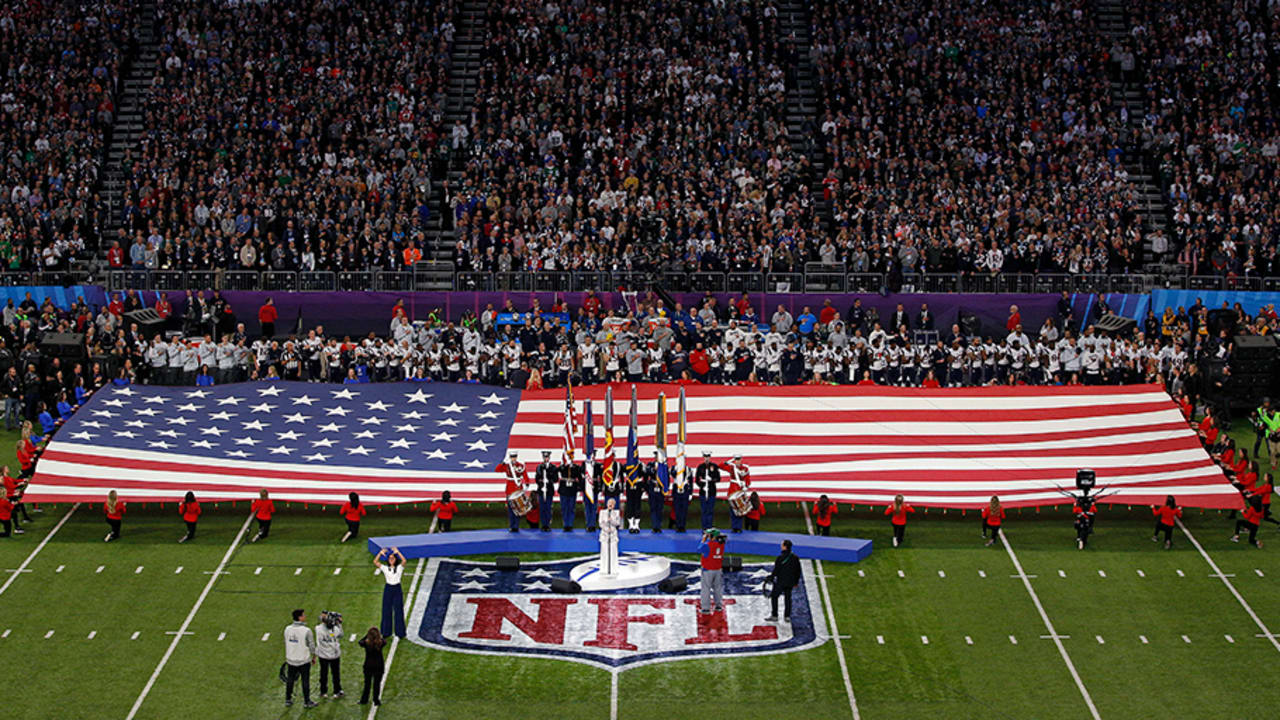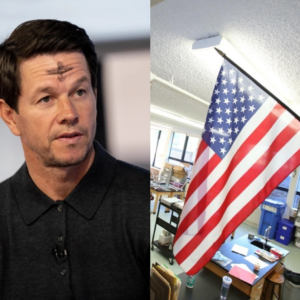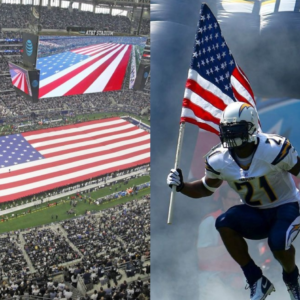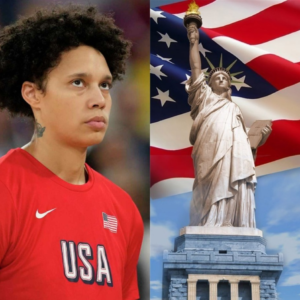In a move that has ignited debate across the NFL and beyond, Kansas City Chiefs head coach Andy Reid has aligned himself with Pittsburgh Steelers’ coach Mike Tomlin in banning the Black National Anthem from being played at team events. The decision, described by both coaches as a call for unity, has drawn both support and backlash from fans, players, and commentators alike.
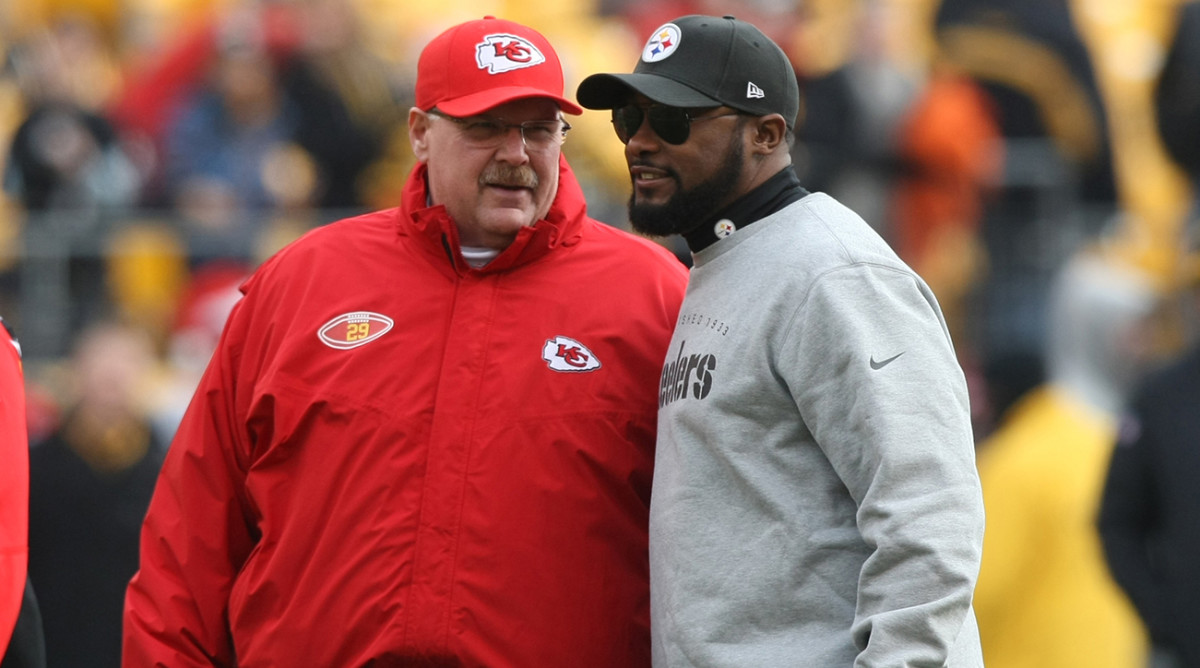
A Statement for Unity or Division?
Reid’s statement, issued shortly after Tomlin’s initial announcement, emphasized the importance of national unity in sports:
“There’s one flag and one anthem that represents all of us. We need to focus on what brings us together, not what divides us.”
Tomlin had previously stirred controversy by stating that playing separate anthems perpetuates division rather than fostering inclusion. Reid’s decision to follow suit has only amplified the national conversation surrounding the role of cultural representation in sports.
Reactions Pour In
The move has garnered mixed reactions. Supporters argue that a single anthem reflects the unity of all Americans, regardless of race or background. On social media, many fans praised Reid and Tomlin for taking a stand against what they perceive as unnecessary fragmentation.
Others, however, see the decision as dismissive of efforts to highlight racial inequality and cultural identity. Prominent voices in the NFL Players Association have expressed disappointment, with one anonymous player stating:
“The Black National Anthem isn’t about division—it’s about recognition and respect. By banning it, they’re silencing a significant part of our community.”
NFL’s Larger Debate
The NFL has faced increasing pressure to balance cultural representation with efforts to maintain a sense of unity. Since the introduction of “Lift Every Voice and Sing” as part of league-wide initiatives to address racial justice, the anthem has been met with both praise and resistance.
Critics of the league’s decision to include the anthem argue that it injects politics into sports, a sentiment echoed by Reid and Tomlin in their joint stance. Advocates, however, view it as a step toward inclusivity in a historically white-dominated space.
What’s Next for the NFL?
As the 2024 season continues, the NFL is once again at the center of cultural and political debates. While some teams fully embrace the league’s initiatives for racial justice, others, like the Chiefs and Steelers, are drawing lines in the sand.
For now, Reid and Tomlin’s decision stands as a powerful statement on what they believe sports should represent—a singular, unified American identity. Whether that message resonates or alienates remains to be seen, as the conversation about race, representation, and unity continues to unfold on and off the field.
